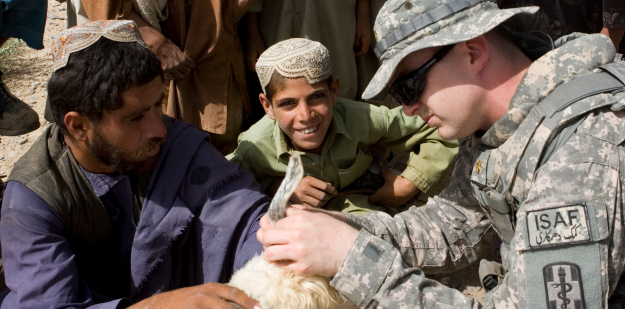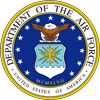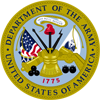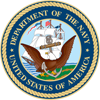Veterinary Corps Officer - 64

- Active/Reserve:Both
- Officer/Enlisted:Officer
- Restrictions:None
Overview
As an Army veterinary officer, you can practice in three primary areas: animal medicine, veterinary public health, and research and development. You will be responsible for treating government-owned animals and the valued pets of service members and their families. Army Veterinary Corps officers are also responsible for programs ensuring the safety and security of Department of Defense food supplies, both here and abroad. Approximately one-third of Veterinary Corps officers are involved in research and development in an incredible range of focus areas, from basic breast cancer research to vaccine development. Many times, Army veterinarians deliver public health programs around the world such as vaccination programs in Ecuador, teaching Thai veterinary technicians, or supporting foot and mouth disease eradication efforts in Mongolia.
Job Duties
Requirements
Training
As an Army Medical Department officer, you won't participate in the Basic Combat Training. Instead, you'll attend an Officer Basic Course, a basic orientation course to the Army Health Care system and the Army way of life. Your training time depends on your chosen specialty and whether or not you have prior military experience. You must also meet height and weight standards, as well as pass the Army Physical Fitness Test.
Helpful Skills
ASVAB
The Armed Services Vocational Aptitude Battery (ASVAB) is an examination that is administered by the United States Military Entrance Processing Command. It is used to determine qualification and helps predict future academic and occupational success in the military.
Compensation
See the whole list of Army Occupational Specialties here To learn more about the Army's rank structure, see our complete list of Army ranks. To see a list of military medals and decorations that can be earned by servicemembers in the Army and other branches of the military, see our list of military decorations and medals.







































































































































